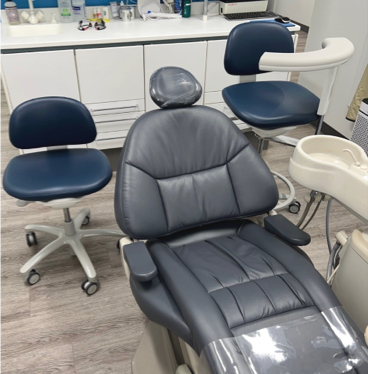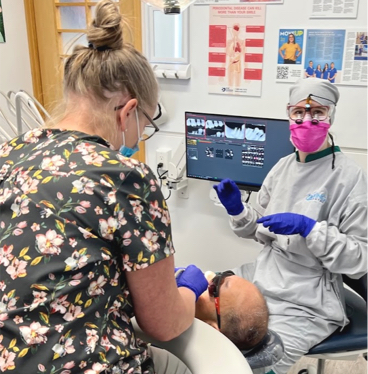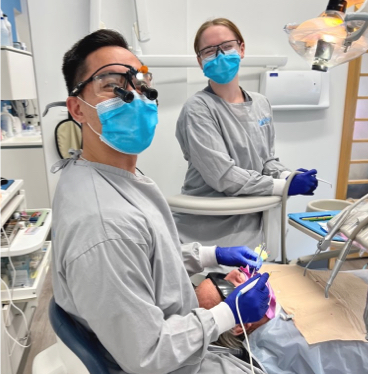With each baby born comes an entirely new world filled with adventures and many unknowns for parents to navigate. One topic that may prove particularly overwhelming is tongue ties, otherwise known as “ankyloglossia,” in which movement of the tongue is restricted due to an ankyloglossia band of tissue attaching the underside of the tongue to the floor of the mouth and restricting its range of movement.
Parents often wonder whether to treat their child’s tongue tie and what consequences might occur if they leave this untreated. In this blog post, we will explore both the pros and cons of treating a tongue tie as well as any potential consequences of leaving one untreated.
Let’s first discuss why some parents decide not to treat their child’s tongue tie. One common reason may be believing it will simply go away as time progresses. However, in many instances, this may not be true, and left untreated, tongue ties can result in serious oral development issues.
One complication associated with tongue tie infants can be difficulty breastfeeding; infants can have trouble latching onto the nipple and receiving enough milk and may experience pain or discomfort while feeding. This may reduce milk production, compromising the success of breastfeeding altogether.
Untreated tongue ties may also contribute to speech difficulties in children. A tongue tie may interfere with speech development and make it harder for them to pronounce certain sounds, such as “t,” “s,” and “z.” Furthermore, in extreme cases, it may prevent lips from closing completely, causing eating and drinking difficulties.
But are there risks involved in treating tongue ties? While all medical procedures present some level of risk, tongue tie treatment generally poses low risk when administered by a qualified healthcare provider.
So, what are your options for treating a tongue tie? One effective and straightforward treatment option is known as “frenotomy,” which involves cutting away tissue that connects the tongue to the floor of the mouth. This procedure can typically be completed without too much discomfort in an office setting and typically only takes several minutes.
Myofunctional therapy offers another minimally invasive option that involves teaching children exercises to retrain the tongue and improve its functionality. Though, this approach may take more time and may not produce results as effective as frenotomy surgery.
Decisions on whether to treat a tongue tie must ultimately be made on an individual basis in consultation with healthcare professionals, but parents should keep in mind that when it comes to tongue ties, it’s usually safer to consider treatment and act sooner rather than later.
Parents should recognize that while a tongue tie may not always cause serious concern, its consequences could potentially cause issues with breastfeeding, speech development, and oral development if left untreated. Treatment options like frenotomy may provide low-risk solutions, improving tongue functionality for their child. To make an informed decision about treatment for their child’s specific situation, parents should consult a qualified healthcare provider as soon as possible.
Wing Dental is a dental clinic that is experienced in performing frenectomies, a simple surgical procedure that can remedy tongue and lip ties. This procedure involves the removal of the frenulum, which is the thin band of tissue that connects the lips or tongue to the gums or roof of the mouth. It can greatly improve the quality of life for both children and adults who suffer from tongue and lip ties. The procedure is relatively simple and can be performed in the office using local anesthesia. Our experienced dental team at Wing Dental helps patients achieve the best results for frenectomy procedures, making sure that the procedure is as safe, quick, and painless as possible. Call us today to book a consultation. Our experienced team will walk you through the process and help you make an informed decision.
















